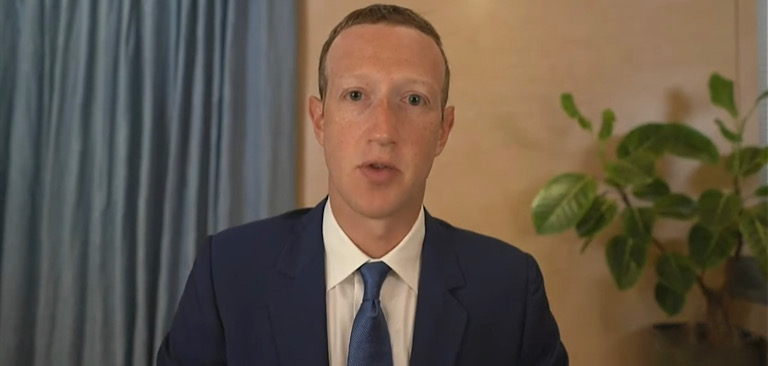The world’s largest social network Facebook has been sued by the Federal Trade Commission (FTC) and a coalition of attorneys general from 48 states with the lawsuits alleging that the tech platform has illegally stifled competition and engaged in anticompetitive conduct.
The FTC lawsuit and AGs’ lawsuit are separate but have been filed in coordination. Both lawsuits allege that Facebook engaged in a range of anticompetitive behaviors to maintain its dominance. These behaviors include acquiring potential threats to its dominance and restricting third-party developers.
The lawsuits cite Facebook’s 2012 acquisition of the photo-sharing app Instagram as one of the main examples of this alleged anticompetitive behavior. The lawsuits claim that several Facebook executives, including Facebook CEO Mark Zuckerberg, saw Instagram as a competitive threat and initially tried to compete with it. However, they ultimately bought Instagram in an effort to “neutralize a potential competitor.”
Facebook’s 2014 acquisition of the chat app WhatsApp is also included in the lawsuits as an example of Facebook’s alleged anticompetitive behavior. According to the complaints, Facebook perceived “over-the-top” mobile messaging apps as a direct threat to its monopoly power in 2012 and WhatsApp was the clear global leader in this category at the time. Facebook is accused of eliminating a competitive alternative and entrenching its dominance with the 2014 WhatsApp acquisition.
The social network’s treatment of third-party developers is also scrutinized in both complaints which accuse Facebook of restricting developers’ access to application programming interfaces (APIs) which allow these developers to easily interconnect with various Facebook features.
Both lawsuits are seeking a breakup of Facebook, Instagram, and WhatsApp. The FTC lawsuit also wants Facebook to seek prior approval for any future mergers and acquisitions while the AGs’ lawsuit is asking for this prior approval on any further acquisitions that are valued at $10 million or more.
We obtained a copy of the FTC complaint for you here.
We obtained a copy of the AGs’ complaint for you here.
In its response, Facebook argues that the lawsuits are “revisionist history.”
It notes that the FTC cleared Facebook to acquire Instagram in 2012 and that the European Commission found “no risk of harm to competition in any potential market” when reviewing the WhatsApp acquisition in 2014.
Facebook also claims that both acquisitions didn’t make the market less competitive. It argues that Instagram was one of many photo-sharing apps and a much smaller company in 2012 with 13 employees, 30 million users, and no revenue. WhatsApp had very little presence in the US and other companies had long dominated messaging before the 2014 acquisition, according to Facebook.
If the lawsuits are successful and Facebook is forced to sell Instagram and WhatsApp, it may result in less restrictive content moderation standards being enforced on the Instagram platform.
However, this isn’t guaranteed. Due to the current size of Instagram, large corporations are likely to be the only parties with the funds to make the acquisition. Most large corporations lean towards restricting speech, so even if Facebook is forced to sell Instagram, the new owner could still impose similar speech restrictions.








